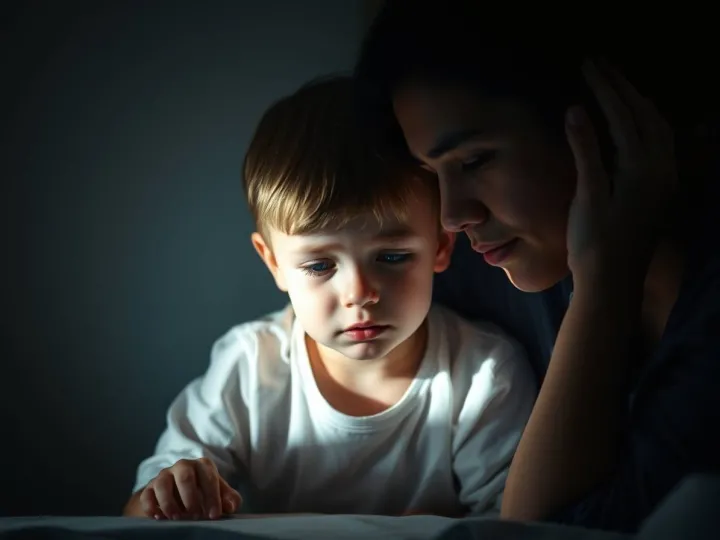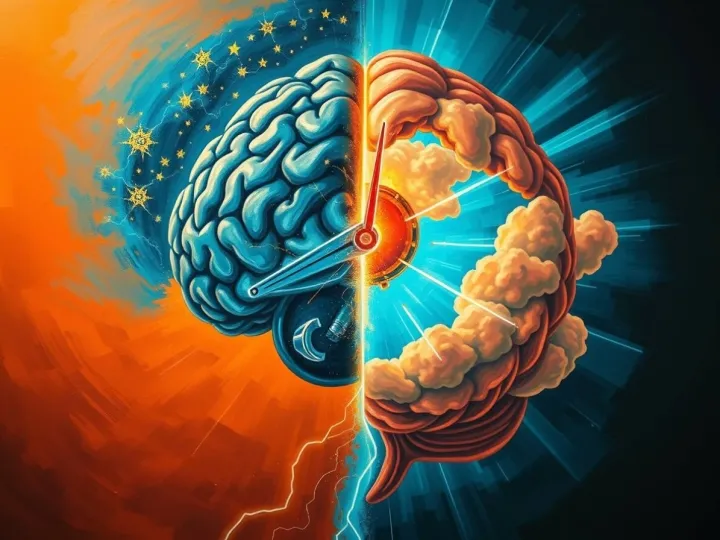A new study using data from the 1970 British Cohort Study (BCS70) revisits a familiar question in social science: how much does a parent's education shape their child's cognitive development? While decades of research have shown that children of more educated parents consistently outperform their peers, the new analysis reveals that the answer is more complicated. The study highlights that education matters, but its impact is intertwined with deeper family influences that span multiple generations.
Background: A Longstanding Debate
For years, researchers have reported that parental education - especially maternal education - is the strongest predictor of children's academic success. In the United States and Europe, studies have shown that children of college-educated parents score half a standard deviation higher on standardized tests than those whose parents only finished high school. The assumption has often been that more educated parents provide better learning environments, engage more with their children, and secure higher incomes, all of which support children's development.
But in recent years, scholars have questioned whether this reflects a causal relationship or a broader web of intergenerational advantage. Some studies have tried to disentangle this question using "instrumental variables," such as school reform policies or random access to training programs, to mimic natural experiments. These approaches generally confirm a positive impact of maternal education, but they come with limitations. Instrumental variables only capture a "local" effect for specific groups and are vulnerable to weak statistical power. Other studies have looked at whether mothers who return to education after childbirth boost their children's outcomes, but the evidence has been mixed, with some showing gains and others finding little effect.
Another weakness of past research is that it often overlooks selection into parenthood. Highly educated individuals are more likely to delay or forgo having children, meaning that studies focusing only on parents may inadvertently skew the results. This introduces what researchers call "endogenous selection bias," making it difficult to know whether differences in child outcomes are truly due to education or to deeper traits of those who become parents in the first place.
A Prospective, Multigenerational Approach
To address these gaps, the new study turned to the BCS70, a nationally representative survey that has followed thousands of Britons since birth. Researchers examined a subset of more than 1,000 participants and their first-born children, linking data from three generations: grandparents (the first generation), the parents themselves (the second generation), and their children (the third generation).
Crucially, the design allowed the researchers to bring in information about grandparental education, income, and aspirations, along with the parents' own childhood cognitive ability, locus of control, and behavioral traits. By doing so, they were able to correct for both genetic confounding - since children inherit cognitive traits from parents - and the selective patterns of who becomes a parent and when.
The study used a statistical method called inverse probability weighting to create a "pseudo-population" in which parental education could be compared without the usual distortions caused by family background or selective parenthood.
Findings: A Smaller, More Nuanced Effect
The results initially showed a strong difference: children of degree-holding parents scored more than a quarter of a standard deviation higher in both verbal and numerical ability. Adjusting for the fact that highly educated individuals are less likely to become parents actually increased this gap, suggesting that previous research may have underestimated the effect of education.
However, once parental cognitive ability was included - a proxy for genetic inheritance and cognitive environment - the effect size dropped by nearly half. When grandparental education and parental childhood characteristics were added, the difference shrank further. After full adjustments, the remaining effect was modest but still present: about 12 percent of a standard deviation in verbal ability and 16 percent in numerical ability.
In other words, parental education does influence children's cognition, but much of the advantage comes from what parents themselves inherited and learned from their own parents.
Why This Matters
The findings suggest that education is both a driver and a marker of intergenerational advantage. Parents with degrees are more likely to provide stimulating home environments, expose their children to books and cultural activities, and use richer language in daily interactions. At the same time, they are also more likely to come from families where intellectual ability, aspirations, and resources were already in place.
By bringing grandparents into the picture, the study underscores how advantage compounds across generations. Educational attainment is not just an individual milestone; it reflects a family's accumulated capital - cognitive, social, and economic - that shapes children's opportunities.
The study also illustrates why causality in education research is difficult to pin down. While interventions to expand access to higher education may still benefit children, policies that address inequality more broadly - such as early childhood support, community resources, and health access - are likely to be just as critical in breaking cycles of disadvantage.
Limitations and Future Directions
The authors caution that their analysis comes with caveats. The sample size, though nationally representative, is relatively small once restricted to first-born children who underwent testing. The study also does not separate maternal from paternal education, even though other research suggests that maternal education plays a stronger role. Finally, the wide age range of the children (3 to 16) may mask stage-specific effects.
Still, the contribution is clear: education matters, but it cannot be viewed in isolation. The pathways from parent to child run through both inherited ability and the enduring influence of grandparents. In this light, the study reframes parental education not as a single lever of change, but as part of a longer chain of intergenerational transmission.






